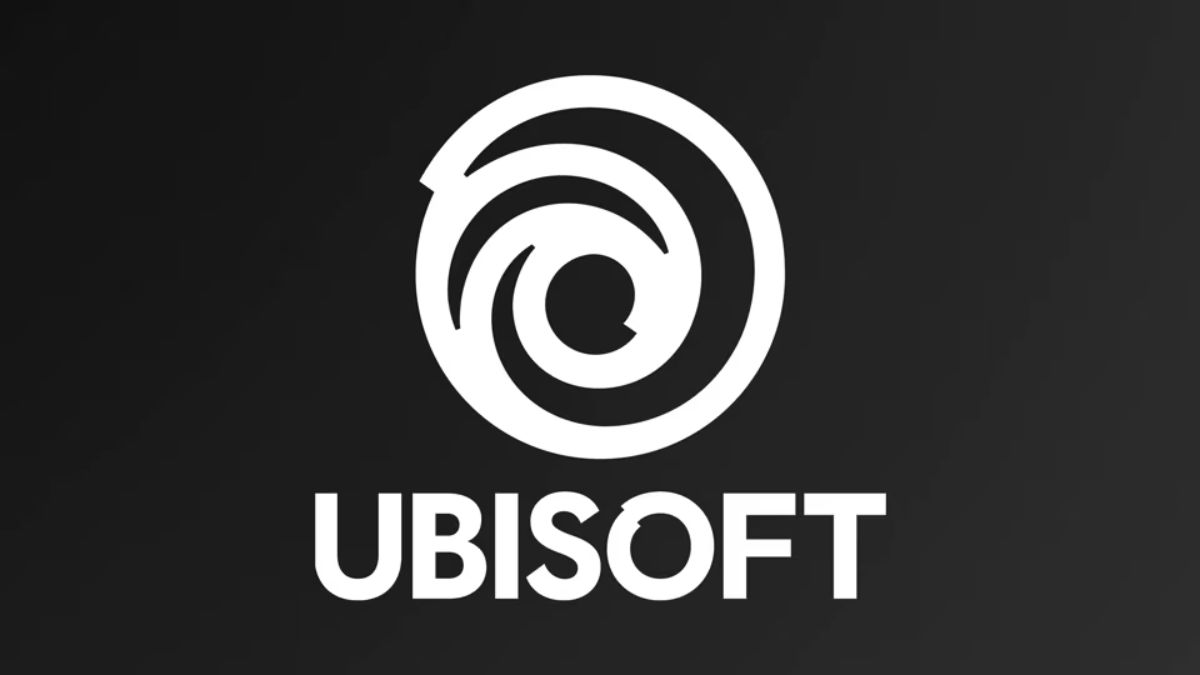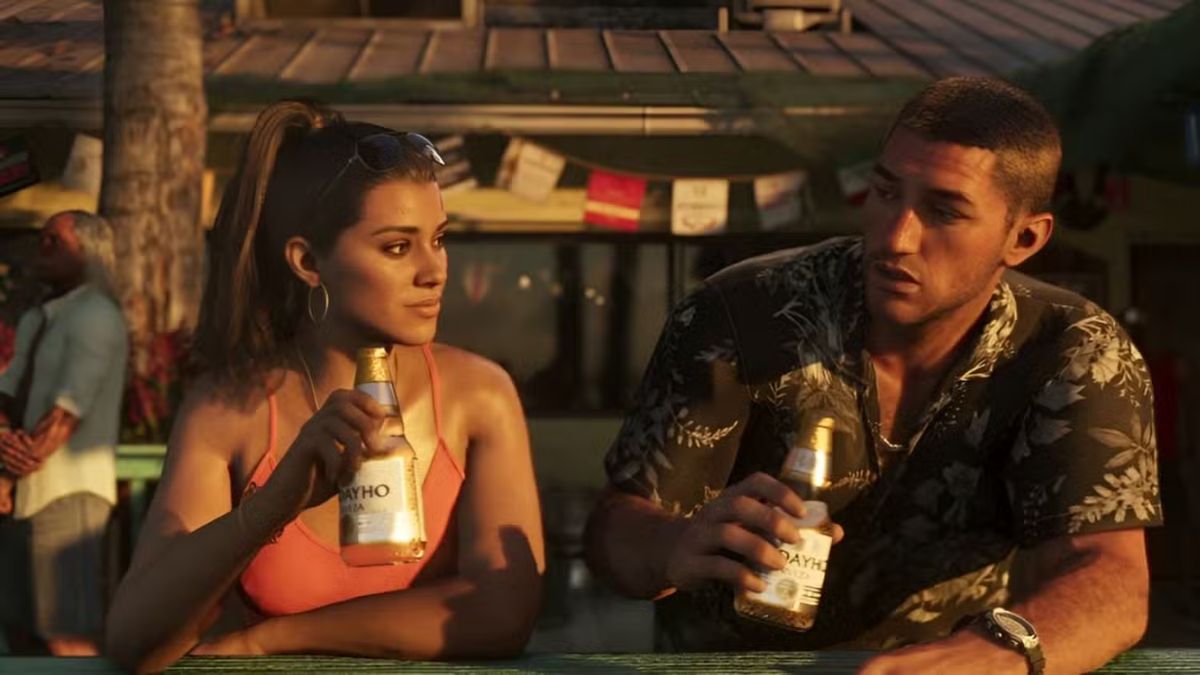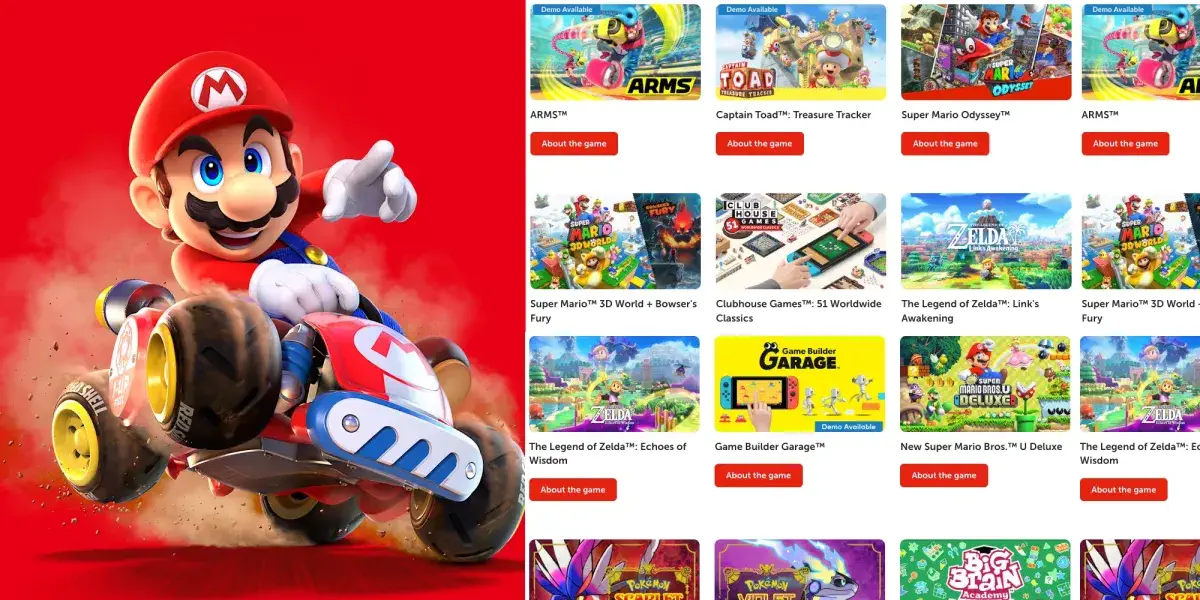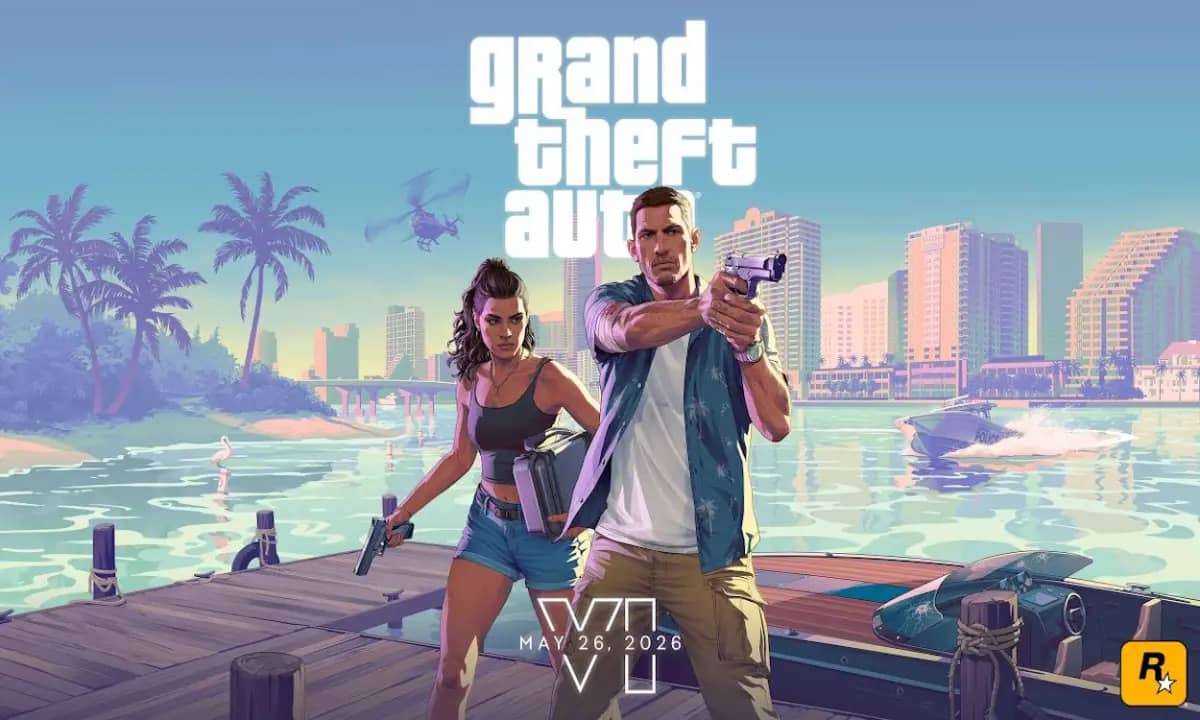Ubisoft CEO Yves Guillemot has responded to growing concerns over the shutdown of older online games, saying the company is “working on” improving its approach to end-of-life game support. His comments came during Ubisoft’s annual shareholders’ meeting, in direct response to the Stop Killing Games consumer campaign.
The petition, which recently reached over one million signatures, calls for laws requiring game publishers to provide offline options or patches before shutting down online games. The movement gained momentum after Ubisoft decided to close down The Crew, an online racing game, earlier this year.
When asked whether Ubisoft supports the petition, Guillemot defended the company’s current practices, stating, “Whenever we release a game, we provide a lot of support. We also provide services to make sure the game is accessible and remains playable 24/7.”
Guillemot noted that Ubisoft warns players ahead of time when a game is about to be discontinued. In the case of The Crew, the company offered The Crew 2 for just €1 in the weeks before the shutdown. However, critics argue that a sequel is not the same as continuing support for an existing game, especially since The Crew 2 is a different product rather than a direct replacement.
The Ubisoft CEO emphasized that all game publishers face the issue of ending online services. “Nothing is eternal,” Guillemot said. “Eventually, software may become obsolete. We do our best to make things go well for all players and buyers, but support for all games cannot last forever.”
Despite Guillemot’s statements, Stop Killing Games is not demanding that companies support games indefinitely. Instead, the campaign asks that publishers provide ways for customers to continue playing games without online support, such as by releasing offline patches or modifying game systems.
Ubisoft has said that it plans to make The Crew 2 available offline in the future to prevent similar concerns. Guillemot highlighted this in his remarks, suggesting the company is taking steps to address the issue.
Still, the controversy highlights a broader debate in the gaming industry about digital ownership and the responsibilities of publishers. As more games rely on online services, consumers are increasingly worried about losing access to titles they have purchased once servers shut down.
The Stop Killing Games campaign recently became an official European Citizens’ Initiative, meaning the European Commission is required to consider the petition. However, there are concerns that some of the campaign’s signatures may be invalid due to online spoofing.











